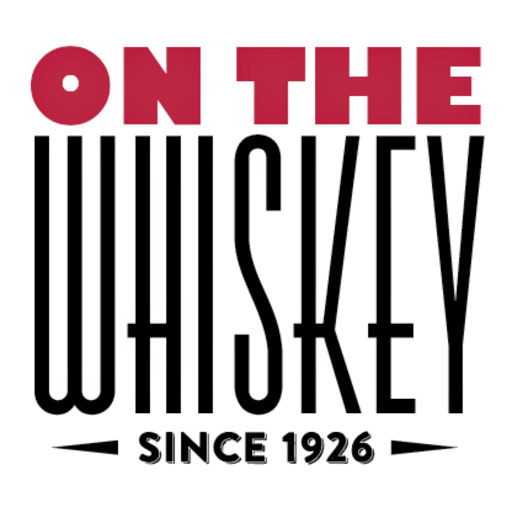The whisky industry, with its rich heritage and traditions, offers a plethora of opportunities that go beyond the conventional roles of distiller or blender. Unbeknownst to many, there exist unique positions that play critical roles in ensuring the quality and character of the beloved spirit. Let’s take a look at some of these lesser-known professions.
Distillery Mouser
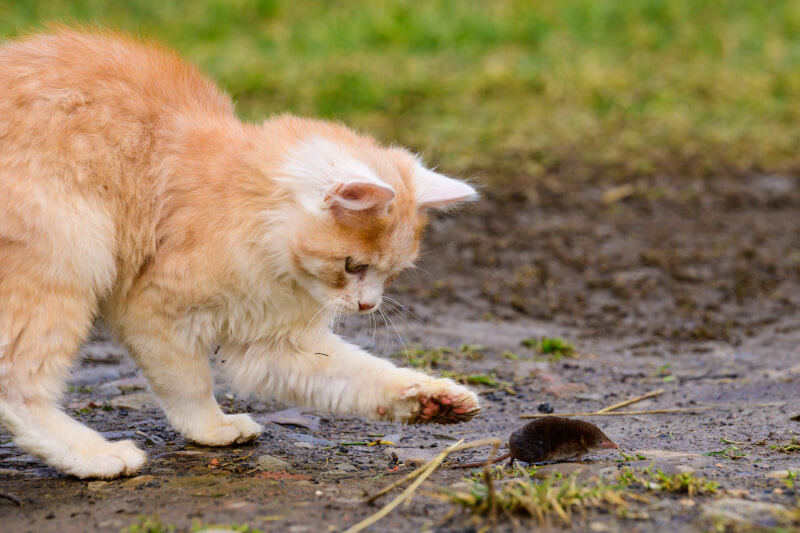
- Role: Whiskies and rodents – not a combination many would associate. However, with vast stores of grain used in whisky production, distilleries can become magnets for mice and rats. Enter the distillery mouser, often a cat, whose role is to patrol the grounds and keep these pests at bay.
- Famous Instance: The Glenturret Distillery in Scotland proudly boasts Towser, a feline mouser, who according to the Guinness World Records caught nearly 29,000 mice during her 24-year tenure.
- The Historical Significance: In ancient civilizations, cats were revered and often associated with deities. Their knack for hunting made them invaluable in grain storage facilities. When distilleries came into play, these feline companions naturally found a place, safeguarding the precious grains from pesky invaders.
- The Modern-Day Relevance: While technology has come a long way, organic solutions like having a cat on patrol often prove to be more sustainable. Today, many distilleries employ cats for practical reasons and as a nod to tradition, with some even becoming iconic mascots with their fan following.
Rick Smoker
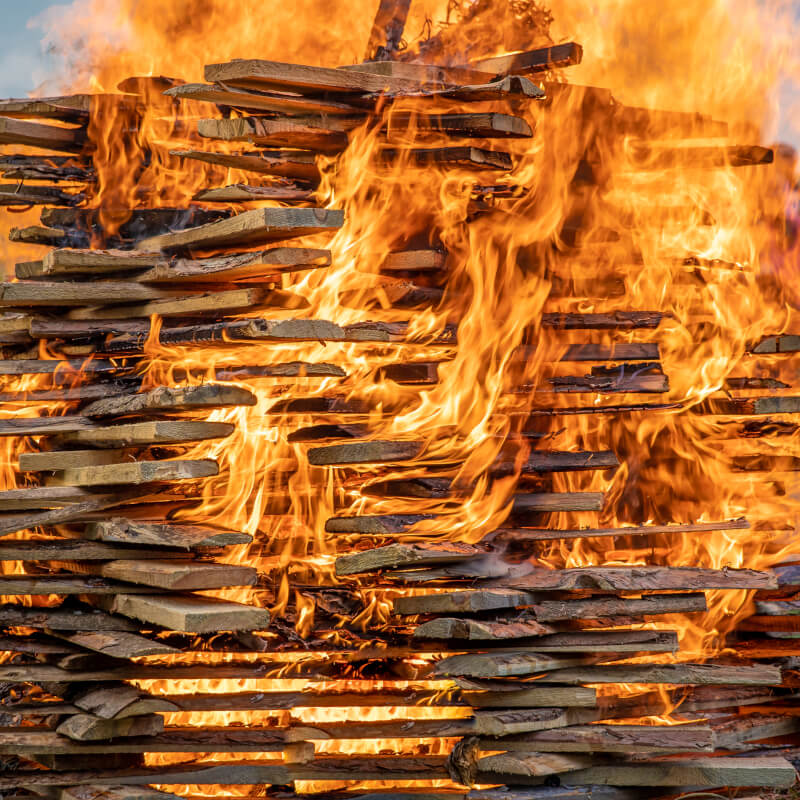
- Role: In whisky production, ricks refer to stacks of wood that will be used for barrels. The rick smoker is tasked with controlling the smoking process that seasons this wood, a vital role given that the wood’s characteristics significantly influence the final spirit’s flavor.
- A Notable Fact: Oak ricks, when smoked, lend a distinct flavor profile to the whisky, which can range from toasty and vanilla notes to more complex caramel or even coconut nuances.
- The Art of Wood Selection: Different wood types yield varied flavor profiles when smoked. For instance, cherry wood might infuse subtle fruity notes, while mesquite could lend a robust smokiness. The rick smoker manages the smoking process and often contributes to wood selection, thus playing an instrumental role in shaping the whisky’s character.
- Age-old Techniques Meets Innovation: As technology advances, rich smokers now employ techniques that ensure uniform smoking, adjusting factors like temperature and duration to achieve the desired flavor intensity. This blend of traditional wisdom and innovative methods ensures each batch retains its distinct charm.
Leak Hunter
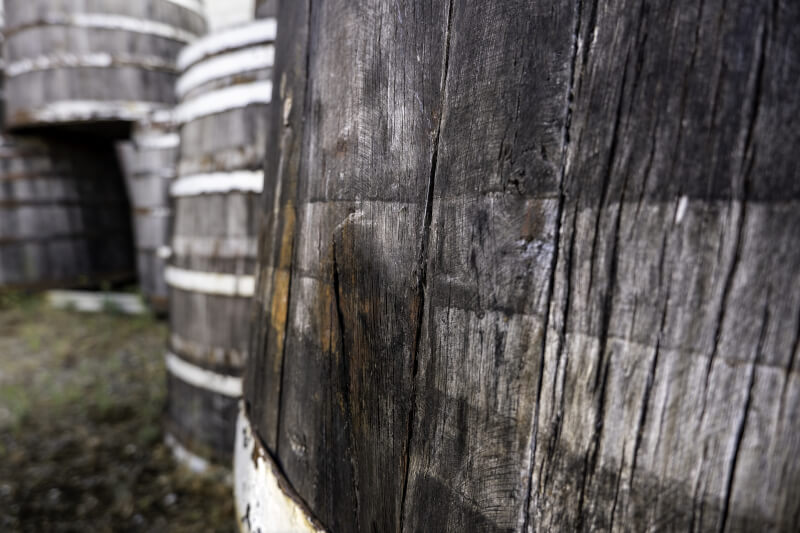
- Role: Barrels full of aging whisky are bound to have some leaks. The leak hunter’s role is to identify and seal these leaks without compromising the spirit inside.
- In Practice: Leak hunters use a combination of visual inspection and tools like ultraviolet lights to detect any escaping spirit, ensuring not a drop of the precious liquid is wasted.
- Ancient Barrels and Modern Challenges: As whisky ages, the wood barrels expand and contract with changing temperatures. This dynamic relationship between the spirit and its container means leaks aren’t just probable; they’re inevitable. While the role has existed for centuries, today’s leak hunters are armed with modern tools, blending tradition with technology.
- The Environmental Aspect: In an era of sustainability, leak hunters play an essential role in minimizing waste. Every drop saved is a step towards eco-friendliness, making their job not just about preserving flavor but also about ensuring environmental responsibility.
Nose for Hire
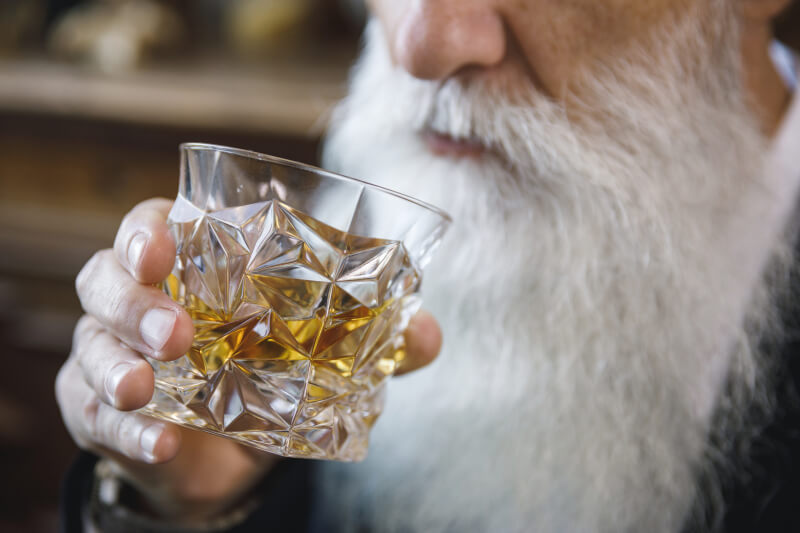
- Role: These individuals possess an exceptionally refined olfactory sense, capable of detecting and identifying the myriad subtle scents within a whisky. Distilleries hire these ‘noses’ to ensure consistency and quality in their batches.
- Master noses, such as Richard Paterson of Whyte & Mackay, have insured their noses for sums reaching into the millions, underscoring their value to the industry.
- The Training Behind the Talent: It’s not just about natural talent. Many ‘noses’ undergo rigorous training, attending specialized courses that hone their olfactory skills. They learn to identify a staggering array of aromas, from the overt to the nuanced, making them true masters of their craft.
- Beyond Whisky: While their primary role might be in whisky production, these olfactory experts are often sought after in other industries, from perfumery to wine production, showcasing the versatility of their unique skill set.
Sherry Cask Dealer
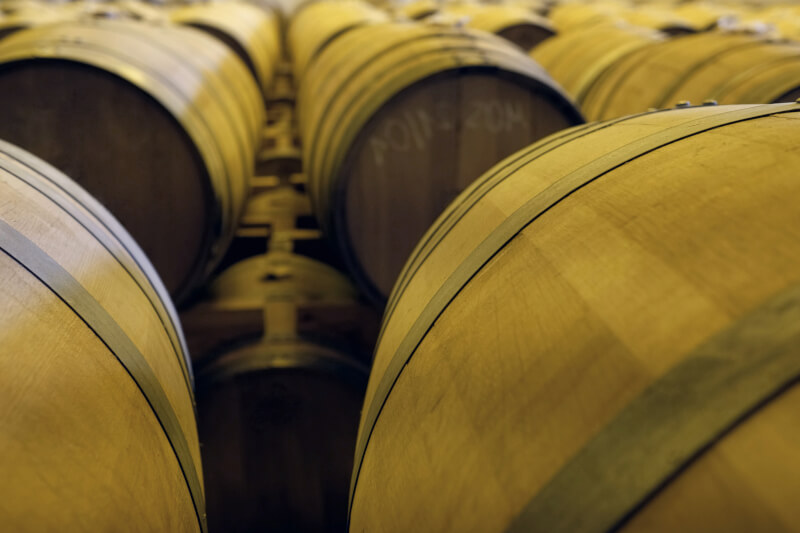
- Role: Many whiskies are aged in barrels that once held sherry, giving them a unique flavor profile. The sherry cask dealer sources and provides these barrels to distilleries.
- Market Dynamics: The decreasing popularity of sherry in recent decades has made these casks more scarce, leading dealers to seek out barrels from as far afield as Spain, where sherry originates.
- The Global Search: The hunt for authentic sherry casks isn’t just a trip down to Spain. These cask dealers often visit remote villages, connecting with age-old bodegas, seeking barrels that have absorbed years of sherry’s rich essence. It’s a quest for authenticity, ensuring the whisky gets the genuine touch of sherry’s soul.
- Cask Rejuvenation: Sometimes, old sherry casks are refurbished to extend their lifespan. This process often involves shaving the inner layers and re-toasting the wood. It’s a delicate balance to ensure the rejuvenated barrel still imparts the desired sherry characteristics to the spirit.
You might wonder, given the rapid technological advancements and modernizations, how many of these positions remain relevant today? Let’s break it down:
The role of the distillery mouser, for instance, has a timeless quality to it. Cats, with their instincts, remain one of the most effective deterrents against rodents. Many Scottish distilleries still proudly employ cats for this purpose. Evidence suggests that at least 60% of traditional distilleries have a mouser on their payroll or, at the very least, wandering their premises.
Rick smokers, responsible for seasoning the wood for barrels, play a pivotal part in defining a whisky’s profile. With the increasing appreciation for varied flavor profiles, around 70% of distilleries, especially those aiming for traditional flavor notes, rely on human expertise over machinery for this delicate task.
The Leak Hunter’s Expertise Remains Indispensable
Barrels, being organic containers, are susceptible to wear, tear, and minor damages. With millions of barrels in storage globally, it’s estimated that at least 85% of distilleries still employ dedicated personnel to hunt down and mend these leaks.
When we talk about a “nose for hire,” we’re venturing into niche expertise. While technology has attempted to replicate the intricate human olfactory system, it hasn’t quite succeeded. Industry insiders estimate that for every ten distilleries, at least two employ a dedicated master nose, ensuring the sensory profile of the drink remains consistent and up to standard.
The sherry cask dealer, a middleman between the sherry and whisky industries, is seeing a change in role dynamics. Due to the dwindling popularity of sherry, casks have become rarer. However, the demand for sherry-aged whisky remains robust. Current estimates suggest that around 50% of distilleries looking for that sherry profile actively engage with these specialized dealers.
The whisky industry, with its rich traditions and intricate processes, truly is a treasure trove of captivating roles. Beyond the anticipated positions one might guess in distillery settings, there’s a fascinating universe of unsung heroes who ensure that every sip you take is nothing short of perfection. From cats that guard grains with unmatched diligence to experts whose noses are their fortunes, the intricate ballet of these unique roles brings together art, science, and a splash of whimsy. It’s a reminder that producing exceptional whisky isn’t just about distillation and aging; it’s also about the passionate individuals, often in the unlikeliest of roles, who pour their expertise and love into every bottle.
